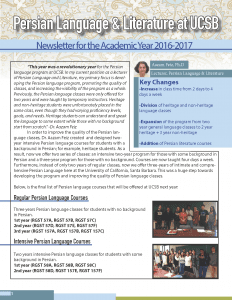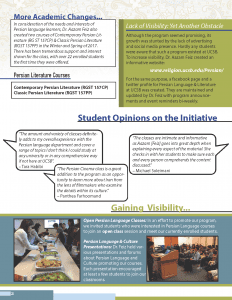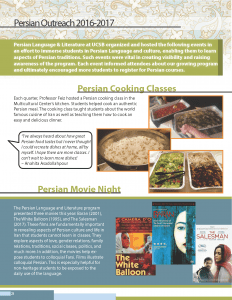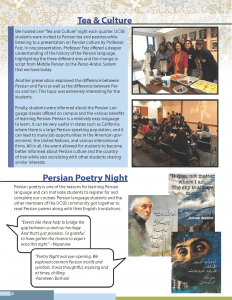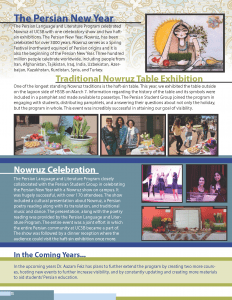Humanities and Social Sciences Building
Santa Barbara
CA 93106
Inventing Tituba: Enslaved Women, “Witchcraft,” and Racial Gender-Making in the Early Atlantic
An enslaved woman of indigenous Caribbean or South American descent racialized as African in later decades, Tituba is the figure through whom race often enters the historiography of witchcraft in the United States. Yet Tituba is only the most famous of a constellation of non-European descended women around the Salem Witch Trials whose ethnicities and cultural traditions became mired in Euro-American concepts of witchcraft during and in the wake of the trials. In the years following the Salem tragedy, Anglophone colonial governments in the Caribbean and North America relegated witchcraft to the realm of fanciful “superstition.” Nevertheless, the concept persisted as a category through which the religious practices of, particularly female, cultural and racial “primitives” became legible. By illuminating the prominence of “witchcraft” in discourses about African and African American women’s religiosity prior to, during, and after Salem, this talk explores how the category contributed to racialized gender narratives of religion and retained its salience beyond the geographical and chronological confines of Tituba.
Alexis Wells-Oghoghomeh is an Associate Professor in the Religious Studies department and affiliate of the department of African and African American Studies and Program in Feminist, Gender, and Sexuality Studies at Stanford University. Her first book The Souls of Womenfolk: The Religious Cultures of Enslaved Women in the Lower South (UNC Press, 2021) is a gendered history of enslaved people’s religiosity from the colonial period to the onset of the Civil War. It won the 2022 prize for the Best First Book in the History of Religions from the American Academy of Religion, as well as the Outstanding First Book Prize and Rosalyn Terborg-Penn Book Prize from the Association for the Study of the Worldwide African Diaspora (ASWAD). The book was also a finalist for the 2022 Frederick Douglass Book Prize awarded by the Gilder Lehrman Center for the Study of Slavery, Resistance, and Abolition and Gilder Lehrman Institute of American History at Yale University and named a “Best Book of 2021” by Publisher’s Weekly. Dr. Wells-Oghoghomeh is currently at work on her second book, tentatively titled American Fetish: Witchcraft and the Invention of Black Women in the Era of Slavery and two edited collections. A historian of Atlantic slavery and religion, she sits on the advisory board of a number of digital history projects, journals, and museums, including the Smithsonian National Museum of African American History and the National Museum of American Religion. She received her B.A. from Spelman College, and Master of Divinity degree and Ph.D. from Emory University.











